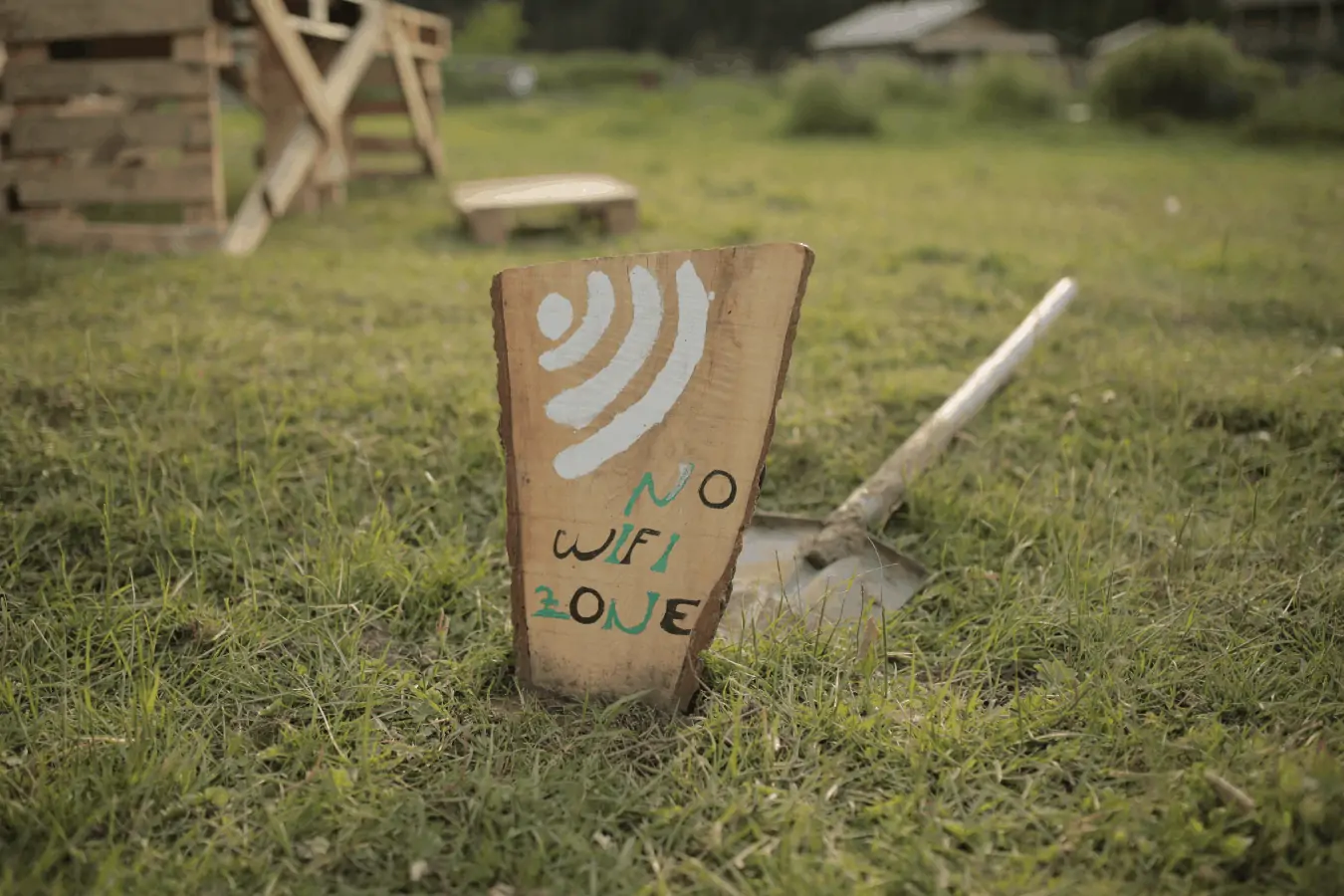Willie Tafadzwa Chinyamurindi, University of Fort Hare
Connecting African universities to high speed internet can help drive the development of digital skills and capabilities. This would also benefit secondary schools and technical and vocational colleges.

A strong argument has been made, that improving connectivity should be viewed as a priority infrastructure investment.
The World Bank published a report last year pointing out the drawbacks of poor connectivity. It noted that the lack of affordable and high-speed broadband for African universities was the main barrier to the use of technology in education and research. And it prevented African faculty and students from linking to international teaching and research resources.
There are other reasons why African governments should prioritise investment in greater connectivity to high speed internet. These include its spillover benefits for the wider education system. This is particularly true for secondary schools and technical and vocational centres. Both are key for development. It will also have an impact on economic and social growth.
Despite this unified acknowledgement of the importance of connectivity, challenges remain.
On one side is the need to address the growing digital divide. Then there is the issue of high connectivity costs. This results in high mobile data costs. Statistics show that the price of data on the continent remains high and out of the reach of ordinary citizens.
All these issues appear to be barriers on the path towards better connectivity in Africa. Yet there are opportunities.
Opportunities
An increase in tertiary enrolments on the continent is one opportunity. This trend isn’t surprising given the continent’s young population – a demographic hungry to connect with the rest of the world.
The increase in tertiary education enrolments coupled with the fact that young people are early adopters of technology makes the higher education sector a vital cog in any strategy for increasing internet connectivity.
Higher education is an important step towards digital inclusion. And technology is an important vehicle in enabling it.
So how can connectivity in African universities be enhanced?
The answer revolves around five related pillars.
The pillars
The first revolves around a mindset shift. This entails believing Africa can be pioneering in global innovations. This approach has been well articulated in the writing of author and commentator Victor Kgomoeswana. In particular is accounts of African innovations making it to the global arena.
There’s a need to set in motion the belief that Africans can be trend-setters rather than mere adopters of technologies. This mindset needs to be inculcated, particularly in Africa’s higher education sector.
A second priority should be improving connectivity in universities and addressing infrastructure challenges. A report by the consultancy firm Deloitte bemoans the challenge of infrastructure as a significant obstacle to Africa achieving full economic growth. Investment priorities should include infrastructure that encourages connectivity in higher education institutions.
Thirdly, collaboration among African universities matters more than ever. If done well it would maximise economies of scale and foster synergies. Building collaborative libraries on the continent is an excellent example. Take the R200-million Phyllis Ntantala Collaborative library in South Africa. This is a collaboration between the University of Fort Hare, Walter Sisulu University and the University of South Africa in East London.
A fourth pillar would be universities investing in cyber-infrastructure resources and the provision of high-performance computing capabilities. Connectivity becomes an important priority here. This also has the potential to benefit universities’ research and teaching activities.
A final issue is a focus on addressing regulations. This includes breaking the hold of telecommunication monopolies prevalent in many African states.
Minding the digital gap and addressing connectivity issues is a lofty ideal. But I believe it’s achievable for African universities.
Willie Tafadzwa Chinyamurindi, Professor, University of Fort Hare
This article is republished from The Conversation under a Creative Commons license. Read the original article.
